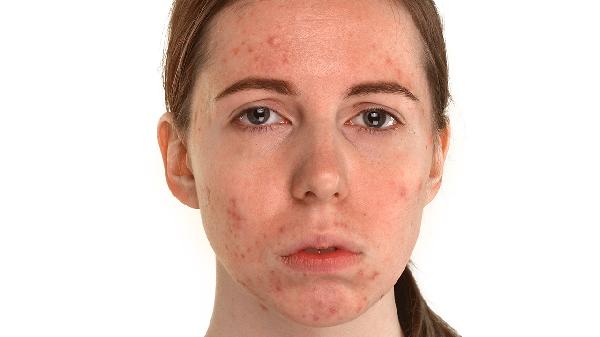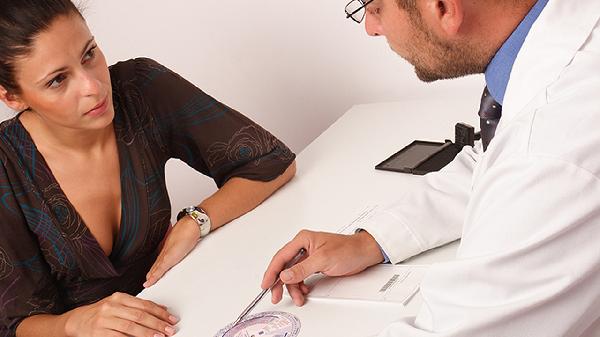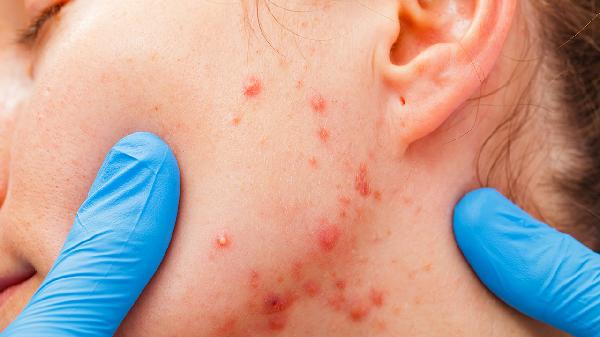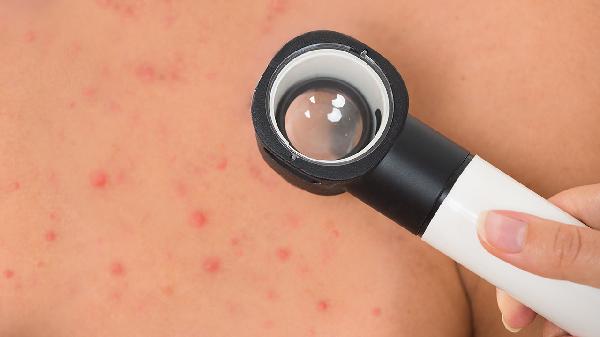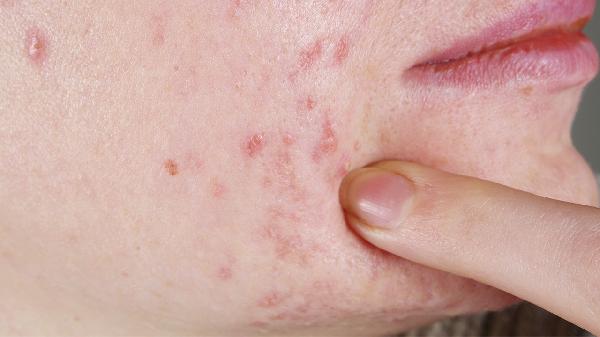Have you ever had this experience: seeing a new cosmetic advertisement, feeling the itch, and couldn't resist buying it to try? Not long after, you see another new product, and your heart flutters again. As a result, your vanity table is cluttered with various bottles and jars, each of which is used only a few times before being cast aside. In fact, frequently changing cosmetics is not a good thing; it might bring unexpected troubles to your skin.
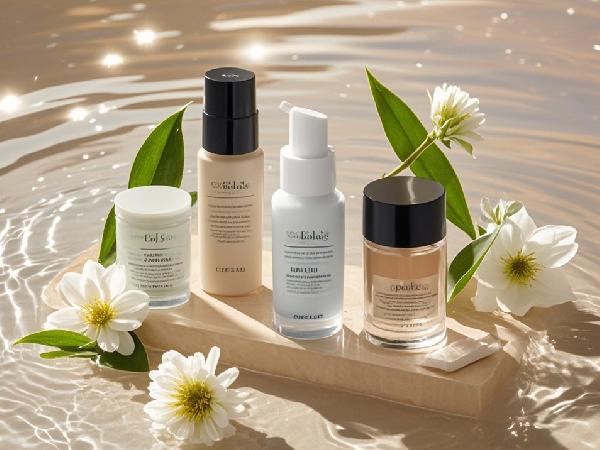
1. Damaged skin barrier
The skin surface has a natural protective barrier, mainly composed of the sebaceous film and the stratum corneum. This barrier can lock in moisture and resist external stimuli. Frequently changing cosmetics, especially products from different brands and with different ingredients, may damage this barrier. Different products have varying pH levels, active ingredients, and formulations, and the skin needs time to adapt. If you change products frequently, the skin barrier may become fragile, leading to dryness, sensitivity, or even redness.
2. Increased risk of allergies
Everyone's skin has different tolerance levels to ingredients. Some ingredients may be safe for some people but could trigger allergic reactions in others. Frequently changing cosmetics means the skin has to constantly adapt to new ingredients, which undoubtedly increases the risk of allergies. Especially products containing fragrances, alcohol, preservatives, and other irritating ingredients are more likely to cause skin problems.
3. Unstable skin condition
The skin's metabolic cycle is about 28 days, which means the skin needs some time to adapt to new skincare or cosmetic products. If products are frequently changed, the skin cannot stably absorb and utilize the effective ingredients, potentially leading to an unstable skin condition. For example, a product originally used to improve acne is replaced with another before it has a chance to work, and the acne problem not only remains unresolved but may also worsen.
4. Waste of money and time
Frequently changing cosmetics not only harms the skin but is also a waste. Many cosmetics need to be used over a long period to see results. If they are replaced after only a few uses, it wastes both money and time. Moreover, frequently trying new products can easily lead to "choice paralysis," making it harder to find the right product for you.
5. How to change cosmetics scientifically
Of course, this doesn't mean you can never change cosmetics, but you should do so scientifically. First, choose products based on your skin type and needs rather than blindly following trends. Second, when trying a new product, you can do an allergy test behind the ear or on the inside of your wrist to ensure there are no adverse reactions before using it widely. Finally, give your skin enough time to adapt, using the product for at least a month before deciding whether to change.
Frequently changing cosmetics may seem like a pursuit of beauty, but it can actually burden your skin. Instead of constantly trying new products, it's better to find what works for you and stick with it. Healthy skin is the foundation of beauty, so don't let frequent cosmetic changes become a stumbling block on your skincare journey.

